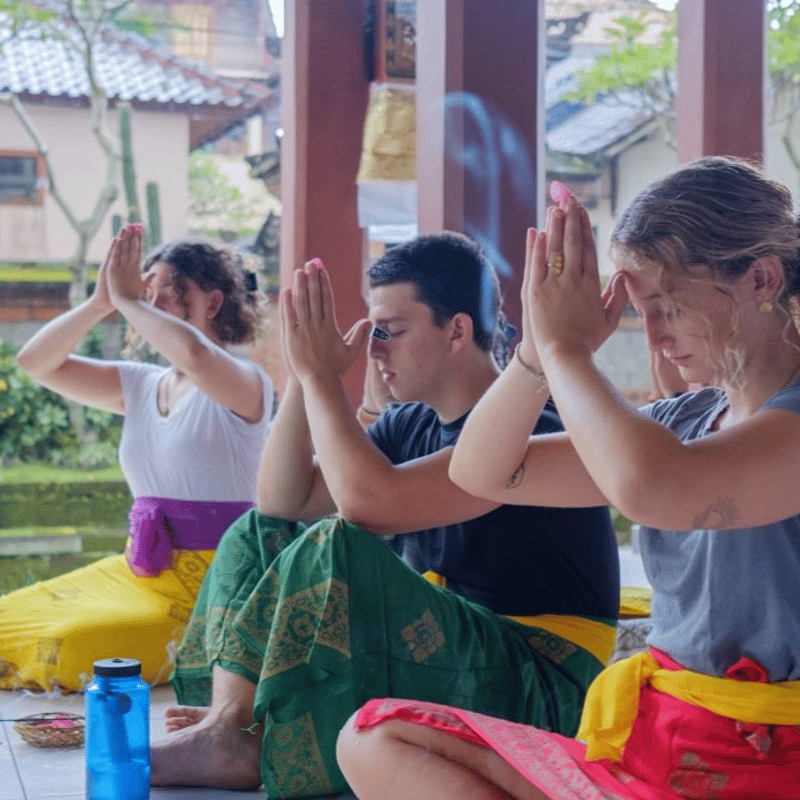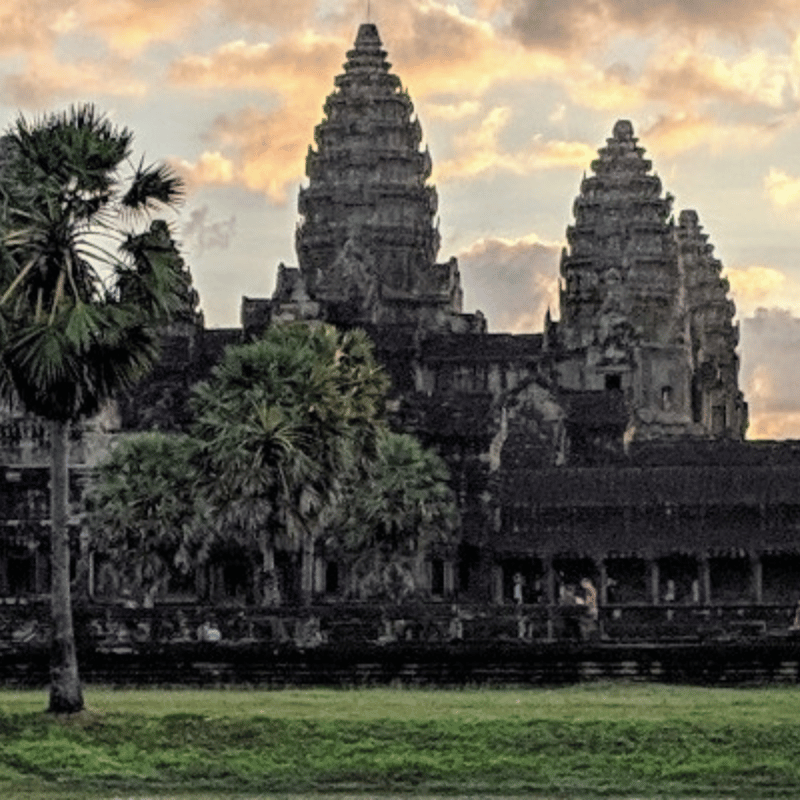Global Themes:
Environment & Conservation
Spring: Feb 15 – Apr 25, 2026
Fall: Sep 1 - Nov 9, 2026
Literacy & Education
Spring: Feb 15 – Apr 25, 2026
Fall: Sep 1 - Nov 9, 2026
Public Health
Spring: Feb 15 – Apr 25, 2026
Fall: Sep 1 - Nov 9, 2026
The Movement of Peoples
Spring: Feb 15 – Apr 25, 2026
Fall: Sep 1 - Nov 9, 2026
Indigenous Rights & Histories
Spring: Feb 15 – Apr 25, 2026
Fall: Sep 1 - Nov 9, 2026
Social Justice
Spring: Feb 15 – Apr 25, 2026
Fall: Sep 1 - Nov 9, 2026
Curriculum
The six global themes comprise the structure around which the ARCC Gap curriculum is built. Interwoven between these pillars is a mixture of journaling, interviews with local experts and officials, as well as group and community discussions. In addition, students address one or more of these themes in every geographic area they visit through service projects and community engagement.
At the end of the gap semester, we organize our thoughts and actions into a final Passion Project. Students choose a topic and draw upon the rich experiences of the last months to examine it from a particular angle. They may choose to explore access to disability services in public schools, interview women to explore income-earning opportunities across Southeast Asia, or compare the success of conservation efforts in the population of Kenya’s lions, Tanzania’s elephants, and Uganda’s rhinos. Whether creating a board game, documentary short, spoken word piece, or a physical art piece, this Passion Project encapsulates the students’ experiences and sends them home with not only memories that will last a lifetime but also with skills and experience that will be invaluable in their future educational goals.
Leadership Development
ARCC’s Leadership Development is designed to foster growth and encourage students to play an active role in the group’s overall gap year experience. Find your voice and build your confidence by undertaking leadership opportunities and increased responsibility as the semester progresses. Through student-led lessons, activities, and excursions, students are empowered to become leaders.
Students start the semester in an instructor-student role and gradually progress towards a peer relationship where students are expected to take on challenges, assist in responsible group decision making, and facilitate constructive and relevant discussions. Students receive both positive and constructive feedback from their instructors and peers throughout the semester to assist in boosting their confidence and strengthening their effectiveness as leaders.
The Group
There are typically 8-13 students per group, which provides an intimate group environment. This is important to ensure that the group is not so large that students get lost in the shuffle. This is your opportunity to have a significant experience, and when you get to know each other on a family level it is instrumental to your overall experience and learning.
Students on an ARCC Gap Semester want to be here and are excited to be a part of the gap experience. These are not gap year programs for students that are coming out of youth-at-risk or therapeutic programs. Being that this is such a long period of time, we need to make sure that students are coming for the right reasons. We determine this through our application process, which requires students to complete a detailed application, provide two – three outside references, one based on academics, another on character, and, if applicable, a third from a mental health specialist, and interview with a Gap Director.
Field Partners
ARCC has developed, nurtured, and maintained relationships with in-country field partners over the years. We trust our partners to work with us to create dynamic itineraries that are flexible, and to uncover projects that are going to be impactful, both for our students and for the communities in which we work.
On an ARCC Gap Semester students experience and immerse themselves in cultures they are unfamiliar with through homestays, group community stays, and participating in the daily activities that keep these communities going. As we immerse ourselves in these cultures and learn about different projects and fledgling organizations, we are given the opportunity to also be a part of the process by working alongside community members. Living and volunteering in these communities helps students gain a deeper understanding and appreciation for what these communities and organizations are trying to accomplish








